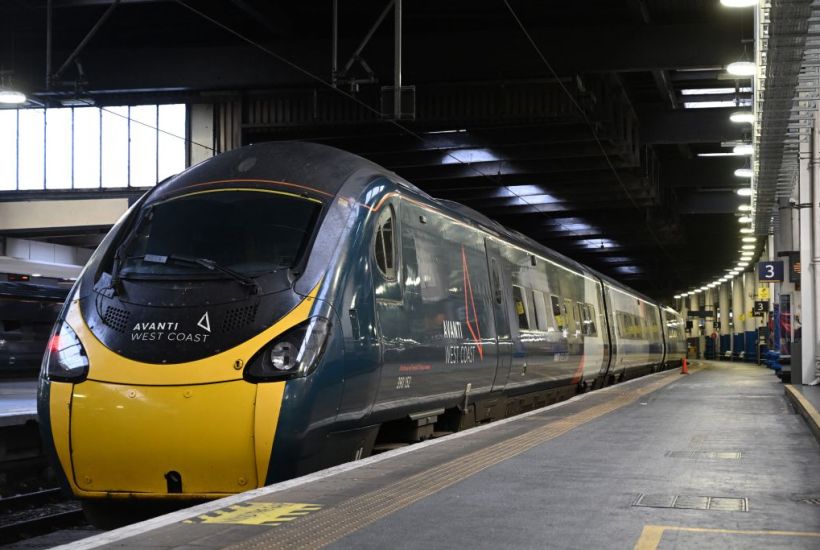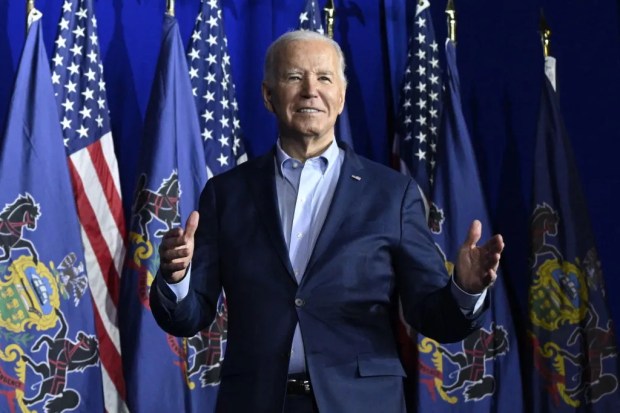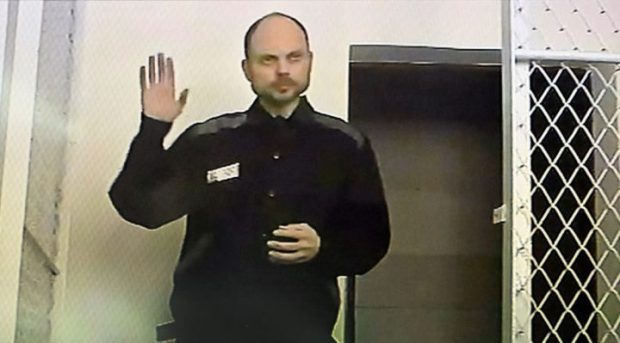Rail travel has never been cheap, but should we really each be paying £500 a year even if we never set foot on a train? That, according to figures released by the Office of Rail and Road today, is astonishing sum that each household had to contribute to government subsidies for running the railways in the year to March 2022: a total of £13.3 billion.
That is just the subsidy for running existing services; it doesn’t include the billions being spent on HS2. Not that this largesse has, of course, prevented rail workers from demanding above-inflation pay rises, and striking when they are denied them. If they were working in any other hopelessly unprofitable industry they would long since have been put out of a job.
It is time the government stopped sitting on the fence and told the rail industry that the party is over
Surely, one of the main reasons for privatising the railways was to relieve taxpayers of the financial burden of running them. Instead, the subsidies have grown and grown. True, the year 2021-22 began with the tail end of a Covid lockdown which severely suppressed travel, but other private industries had to put up with loans and furlough payments – employees didn’t carry on being paid the full whack whether they were providing a service or not. Moreover, the rail industry was swallowing large subsidies even before the pandemic: £6.5 billion in 2019/20.
The rail industry hasn’t really been privatised at all. It remains underwritten by the taxpayer. Nor is there much in the way of competition: local monopolies are guaranteed by the franchising system. The only difference is that the system is rigged so as to allow the private companies owning the franchises to make a profit, even if their underlying operation is making a thumping loss. This, in turn, has served to embolden unions in making pay demands, driving up subsidy even more.
This really cannot go on. Much as I like travelling by train, we cannot have a rail system which continues to impose a hefty tax burden on people who never do – a group which is disproportionately represented by poor people who live outside London and the South East. By contrast, bus services (which are used more by low-income groups) are increasingly expected to wash their face. In the last year prior to the pandemic, buses received a rather more modest £2 billion in annual public subsidy, a sum which had been falling consistently for the previous decade.
Rail subsidies were £6.5 billion in 2019/20 – and rising. In other words, more than three times as much subsidy was going into trains than buses. This was in spite of the fact that more than twice as many journeys were made by bus as by train (4.32 billion compared with 1.74 billion)
So far, the government has tried to stay out of the rail strikes, taking the line that the dispute is a private matter between unions, employees and their private sector employers. Sorry, but it isn’t – not with £13.3 billion of taxpayers’ money going into the industry. It is time the government stopped sitting on the fence and told the rail industry that the party is over – it is going to have to cut its costs dramatically. It should announce the phasing-out of rail subsidies – and let the industry work out how it is going to balance its books.
The post It’s time we stopped subsidising the railways appeared first on The Spectator.
Got something to add? Join the discussion and comment below.
Get 10 issues for just $10
Subscribe to The Spectator Australia today for the next 10 magazine issues, plus full online access, for just $10.





















Comments
Don't miss out
Join the conversation with other Spectator Australia readers. Subscribe to leave a comment.
SUBSCRIBEAlready a subscriber? Log in